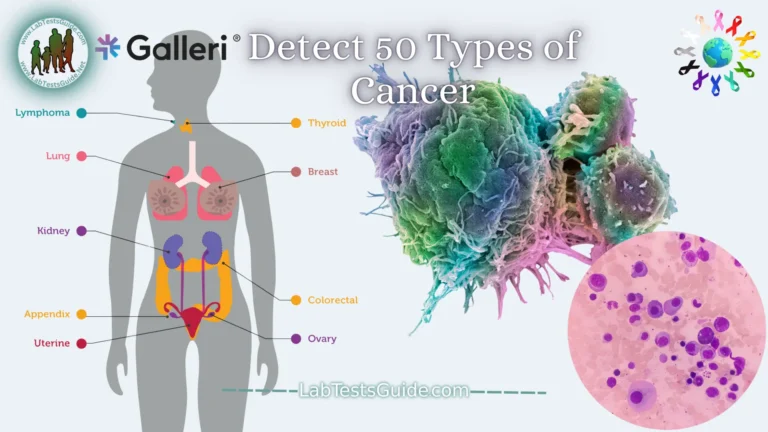RSV Awareness: Essential Information and Preventive Measures for High-Risk Groups and Newborns
Respiratory syncytial virus (RSV), a common yet potentially severe respiratory virus, is drawing increasing attention due to its impact on infants, young children, and high-risk groups. While RSV often manifests as mild, cold-like symptoms, it can lead to severe respiratory complications, including bronchiolitis and pneumonia, particularly in vulnerable populations. Here’s what you need to know about RSV and the available preventive measures to protect your loved ones.

Understanding RSV
RSV infects the nose, throat, and lungs, spreading through respiratory droplets from coughs, sneezes, and contaminated surfaces. Symptoms, such as a runny nose, congestion, coughing, sneezing, fever, and decreased appetite, typically appear within four to six days of infection. Severe cases may present wheezing, rapid or labored breathing, and a bluish tinge to the skin due to oxygen deprivation.
Infants under two years old, especially premature babies or those with weakened immune systems, are at the highest risk. The virus is highly contagious during the initial stages of infection but can remain transmissible for weeks in individuals with compromised immunity.
Preventive Vaccination: A Game-Changer
Recent advancements in maternal and pediatric healthcare have introduced vaccines that provide critical protection against RSV. Pregnant individuals are encouraged to receive the maternal RSV vaccine during weeks 32–36 of pregnancy, particularly between September and January, when RSV cases peak. The vaccine allows the transfer of protective antibodies from the mother to the baby, offering immunity during the newborn’s most vulnerable months.
TRICARE-Covered Immunizations
TRICARE provides comprehensive coverage for RSV immunizations in accordance with CDC guidelines. Beneficiaries can access the vaccine at no cost through military hospitals, TRICARE retail pharmacies, or authorized civilian providers. The program also supports monoclonal antibody treatments for children who cannot receive the vaccine or are at high risk for severe illness.
Broader Protection for All Ages
RSV vaccination is also recommended for older adults, particularly those aged 75 and older, and individuals with chronic health conditions like cardiovascular disease, severe obesity, or chronic liver disease. Adults 60–74 at increased risk of severe RSV can receive a single-dose vaccine, which can be administered alongside flu and COVID-19 shots for comprehensive respiratory protection.
Building a Protective Cocoon
Healthcare providers advocate a “cocooning” strategy to protect newborns and high-risk individuals. This involves ensuring that all family members, including parents, siblings, and caregivers, are vaccinated against respiratory illnesses like flu and COVID-19. This collective immunity reduces the risk of disease transmission within households.
Action Steps for Families
- For Pregnant Individuals: Consult your healthcare provider about the maternal RSV vaccine, which can be administered alongside other prenatal vaccines like Tdap and flu shots.
- For Parents: Ensure older children and family members are up-to-date on their vaccinations.
- For Seniors and High-Risk Adults: Schedule your RSV, flu, and COVID-19 vaccinations with your healthcare provider or TRICARE.
Final Thoughts
RSV is preventable, and awareness about its risks and the availability of vaccines is essential. By prioritizing immunizations and maintaining proactive healthcare practices, families can protect their most vulnerable members from severe respiratory illnesses.
For more information on RSV prevention and vaccine availability, consult your healthcare provider or visit your nearest TRICARE facility.
References:
- What to Know Now to Help Protect Your Newborn from RSV- Newton Country time – (Accessed on Dec 21, 2024)
- What is RSV? What are the most common symptoms? Here’s everything you need to know – NBC5 Chicago – (Accessed on Dec 21, 2024)
- What to Know Now to Help Protect Your Newborn from RSV – The Brookings Register – (Accessed on Dec 21, 2024)
- Get Vaccinated With TRICARE: RSV Immunizations Offer Protection for High-Risk Individuals – Tri care Newsroom – (Accessed on Dec 21, 2024)
Possible References Used







